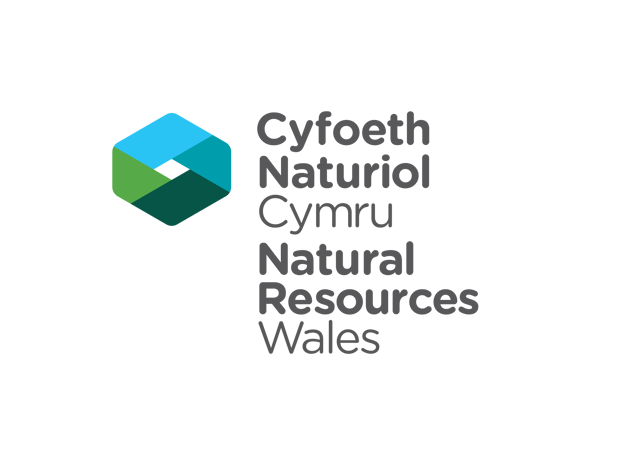NRW statement in response to the Senedd’s Climate Change, Environment and Infrastructure Committee report

Ceri Davies, Interim Chief Executive at Natural Resources Wales said:
“We take our responsibilities for protecting the environment very seriously.
“The last year has been a significant period of change and challenge for our organisation, as we live within the resources available to us. Despite this, our colleagues have remained steadfast — stepping up time and time again to deliver for the people, places, and wildlife of Wales. We are incredibly grateful for the dedication and resilience they have shown throughout. They always go the extra mile for the people and places we serve, and ensuring their well-being in the face of scrutiny has been the utmost importance to us.
“We are not standing still. As we continue to navigate the changes, we are focused on actively building a more agile, focused, and future-ready organisation — one that is fully equipped to lead on the big environmental challenges. We are clear about our direction and bold in our ambition.
"Our goal is to ensure that every pound of public funding we receive delivers maximum value - focused on tackling the climate and nature emergencies, addressing environmental risks, and making decisions that drive the greatest positive impact for future generations and maximising our impact where it’s most needed.”
On incident response:
"Responding to environmental incidents is a core part of our work, especially as climate, nature, and pollution pressures accelerate, and the number of incidents reported to us increase. Like all public bodies with finite resources, we must focus our efforts where we can make the greatest impact.
“We will always prioritise incidents that pose the highest risk to people and nature, putting people on the ground if needed, and ensuring a response that is risk-based, intelligence-led, and data-driven.
“Our corporate plan to 2030 also commits us to minimising pollution through more effective prevention and response. A key part of this work involves enhancing the way we assess and respond to environmental incidents.
"Most incidents reported to us are low-level, often with little or no environmental impact. Of the incidents we attended last year, only 5% were confirmed as having significant or major environmental impact. The remaining 95% were assessed as minor or causing no impact. This means a substantial proportion of our frontline resource is currently directed at low-impact reports, diverting capacity from higher-impact prevention and enforcement work.
“We want the public to be assured that responding to incidents with the highest risk to nature and people will always be our top priority. In our pursuit of progressive and faster regulation we have been actively seeking additional powers to consider civil sanctions for a broader range of environmental offences, as an additional tool in our enforcement toolkit.
“We want our colleagues to focus on proactive compliance inspection programmes. We’re also working proactively to prevent pollution by promoting responsible business, managing land and water sustainably, improving the resilience of our ecosystems and reducing risks to people and communities. By focusing more of our efforts on prevention and compliance, we aim to reduce risks at their source—delivering better outcomes for people and the environment.”
On IR35
“IR35 enquiries are not unique to NRW, as has been seen across the public and private sector over recent years.
“We have put in place a number of controls to provide assurance in relation to our approach to compliance with IR35 regulations, and a new internal “Ways of resourcing with people and skills procedure” has been produced for all hiring managers to follow. To provide additional assurance, our new procedures and controls have been independently reviewed by external advisers. Their findings have supported our efforts to build a robust, compliant resourcing approach that mitigates risk and prevents a recurrence of these historic issues.”
On visitor centres:
“We understand how important our sites are to local communities and visitors. We want to reiterate and reassure the public that all our sites remain open. This includes the paths, trails, car parks, play areas and toilet facilities, and the important work undertaken to protect wildlife and maintain these sites continues to be overseen by our land management staff.
“Our strategy for how we manage access to nature on the land in our care means we need to focus our efforts where we are best placed to make a difference. This includes maximising the benefits from every pound we spend, that we deliver value for money, and ensuring that outdoor recreation is managed within resource limits.
“Over recent weeks and months, our focus has been firmly placed on the process to find partners, both community groups and businesses, to register an interest in providing services at the visitor centres. We have secured a beverage and cold food concession which is now operating at Bwlch Nant yr Arian, full-time site management for the beach car park at Ynyslas and have advertised opportunities for a mobile beverage and ice cream unit concession at Ynyslas, and a cold food and beverage concession at Coed y Brenin.
“As stated during our public meetings late last year, we want to make sure we get it right to avoid confusion and any potential issues in the future and we believe it is important to take the necessary time now for a smooth process later on. All updates related to visitor centre provisions can be found on our information page.”
